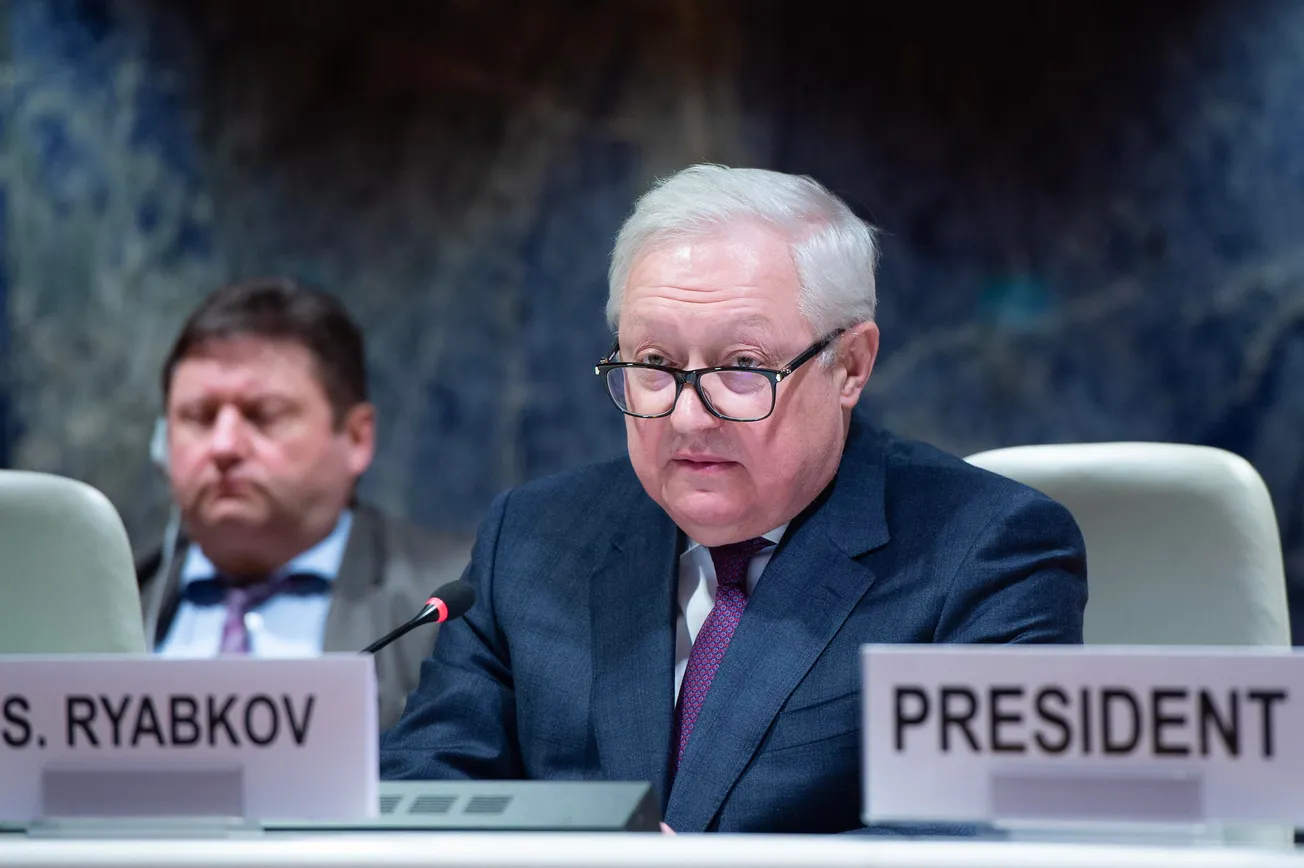Russian Foreign Minister Sergey Lavrov today told the UN Security Council in person, that the conflict in Ukraine will not be solved unless its root causes are squarely faced and addressed. Lavrov made his, at times, fiery presentation at an “open ministerial-level debate” of the UN Security Council on Multilateral Cooperation in the Interest of a More Just, Democratic and Sustainable World Order, which Lavrov first organized when Russia assumed the Presidency of the UN Security Council on July 1. To this meeting, Lavrov invited representatives from 37 nations to participate, with representatives for all the BRICS nations and many nations of the Global South, including Australia, Bangladesh, Belarus, the Plurinational State of Bolivia, Brazil, Cambodia, Chile, Cuba, the Dominican Republic, Egypt, Ethiopia, Ghana, Guatemala, Hungary, India, Indonesia, Islamic Republic of Iran, Iraq, Kazakhstan, Kuwait, Maldives, Morocco, Nepal, Nicaragua, Pakistan, the Philippines, Saudi Arabia, Serbia, South Africa, Syrian Arab Republic, Thailand, Timor-Leste, Türkiye, the U.A.E., Uganda, Vietnam, and the Bolivarian Republic of Venezuela.
The full speech was not posted on the Russian Foreign Ministry website as of the time this report was written, so sections of it also come from TASS and RT.
Lavrov began his presentation, according to the Russian Foreign Ministry stating: “Today, the very foundations of the international legal order—strategic stability and the UN-centric system of international politics—are put to the test. We won’t be able to resolve the mounting conflicts unless we understand their root causes and restore faith in our ability to join forces for the common good and justice for all.
“Let’s face it: not all countries represented in this chamber recognize the key principle of the UN Charter which is the sovereign equality of all states. Speaking through its Presidents, the United States has long declared its exceptionalism. This applies to Washington’s attitude towards its allies, whom it demands to be unquestioningly obedient even to the detriment of their national interests.”




